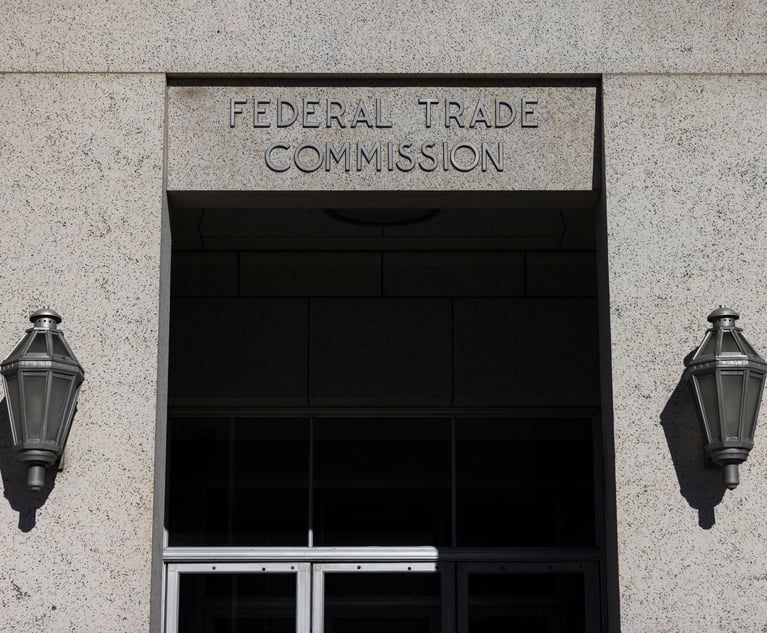Parties negotiating business transactions often find it useful to memorialize key provisions they have agreed upon in a term sheet. Sometimes the parties will sign at the bottom. When doing so, they may have very different expectations about whether their term sheet is enforceable, particularly where the parties contemplate a later written agreement that is not ultimately executed. An agreed term sheet may lead to an unwelcome surprise for a party that thinks nothing is binding until a full-blown contract is signed.
The ubiquity of term sheets as a tool in the deal process raises important questions regarding whether and when term sheets are binding, particularly where it is unclear if the parties intended to bind themselves.
This content has been archived. It is available through our partners, LexisNexis® and Bloomberg Law.
To view this content, please continue to their sites.
Not a Lexis Subscriber?
Subscribe Now
Not a Bloomberg Law Subscriber?
Subscribe Now
LexisNexis® and Bloomberg Law are third party online distributors of the broad collection of current and archived versions of ALM's legal news publications. LexisNexis® and Bloomberg Law customers are able to access and use ALM's content, including content from the National Law Journal, The American Lawyer, Legaltech News, The New York Law Journal, and Corporate Counsel, as well as other sources of legal information.
For questions call 1-877-256-2472 or contact us at [email protected]







